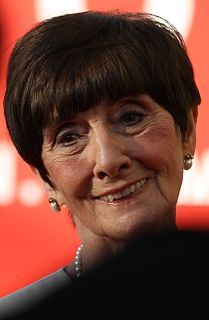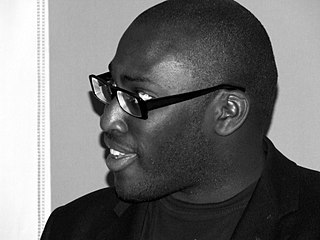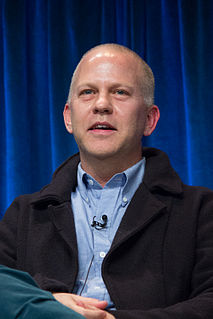A Quote by June Brown
I didn't know much about the East End and I didn't go trudging round to research it - couldn't be bothered with all that - but my grandmother was a cockney so I used her voice for Dot. I don't think it sounded very real at the beginning.
Related Quotes
My great grandfather used to say to his wife, my great-grandmother, who in turn told her daughter, my grandmother, who repeated it to her daughter, my mother, who used to remind her daughter, my own sister, that to talk well and eloquently was a very great art, but that an equally great one was to know the right moment to stop.
People always go on about how fantastic relationships are in the beginning, and of course everyone hates relationships when they end, but what about the middles? the middles where you know everything there is to know. Where you can look at the person you love and know what they're thinking, see something on the telly and know how they'd react;When you know exactly what they'd wear to come round and see you.
Through my grandmother's stories always life moved, moved heroically toward an end. Nobody ever cried in my grandmother's stories. They worked, or schemed, or fought. But no crying. When my grandmother died, I didn't cry, either. Something about my grandmother's stories (without her ever having said so) taught me the uselessness of crying about anything."
When I was invited to go to Wuhan, I didn't know anything about it, so I looked up the Wikipedia about Wuhan. I discovered that part of Wuhan used to be Hankou, and then I realised that my great grandmother came from Hankou. My grandmother and father were both born in Hankou. Of all the places in China, it is the most amazing place to have asked for my exhibition. I needed to go back where my family comes from!
I think the public is very reluctant to get involved in more foreign wars, especially in the Middle East. And they understand, implicitly, that we go to war in the Middle East because of oil. And if we don't want to go to war in the Middle East, then we have to do something about the oil problem. And I think that view is gaining ground in the U.S.




































